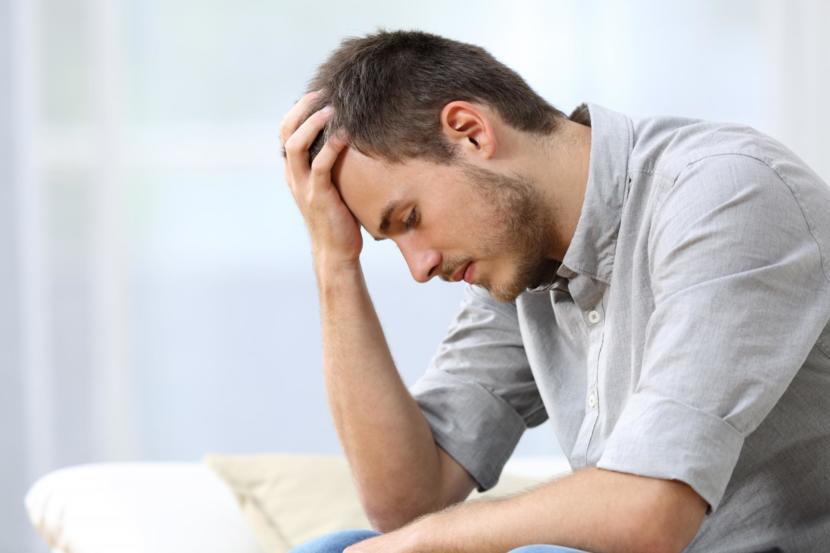Anxiety in Simple Language

Dr. Nancy Qusba M.D. is a top Emergency Physician in Downers Grove, IL. With a passion for the field and an unwavering commitment to their specialty, Dr. Nancy Qusba M.D. is an expert in changing the lives of their patients for the better. Through their designated cause and expertise in the field, Dr. Nancy Qusba M.D. is... more
While almost everyone has experienced anxiety at some point in their lives, it can have serious consequences on emotional and physical health over time. It can be debilitating and interfere with the individual's quality of life. Anxiety has been known to cause psychiatric and physiological symptoms.
When a patient has psychiatric symptoms, there is a risk of anxiety leading to depression. These feelings of depression can lead to an individual attempting to harm themselves, since self-inflicted injury is their way to cope with the anxiety they experience. Or even worse the person might make true suicide attempts.
The emotional effects of anxiety can be difficult to manage. These are feelings of apprehension or dread, trouble concentrating, feeling tense or jumpy, anticipating the worst, irritability, and restlessness. if you notice someone acting in this way, they are likely suffering from anxiety.
Potential Causes of Anxiety
1. Genetics with a strong family history may put an individual at increased risk of an anxiety disorder, this is still controversial.
2. Medical conditions can lead to anxiety including COPD, asthma, chronic abdominal pain or chest pain, impending heart attacks ,diabetes, hypertension, and sexual dysfunction.
3. Social risk factors include a history of physical, sexual or emotional trauma in early life with rejection, harsh discipline, and lack of love during childhood.
4. Drugs can cause or worsen anxiety, these include alcohol, tobacco, cannabis, sedatives including prescription drugs like benzodiazepines, opioids, prescription pain killers and illicit drugs like heroin, stimulants such as caffeine, cocaine and amphetamines, hallucinogens, and inhalants.
Treatment for Anxiety
1.Psychotherapy
a. Self-help books
b. Meditation, Yoga,
c. Counseling, Acupuncture, etc.
d. Self-hypnosis,
e. Therapies to manage anxiety
2. Medication
Medications given for anxiety are usually antidepressants, anti-anxiety tablets, and beta blockers. These can be very effective, but they all have their side effects, some worse than others. The diagnosis of an anxiety disorder requires first ruling out an underlying medical condition.









